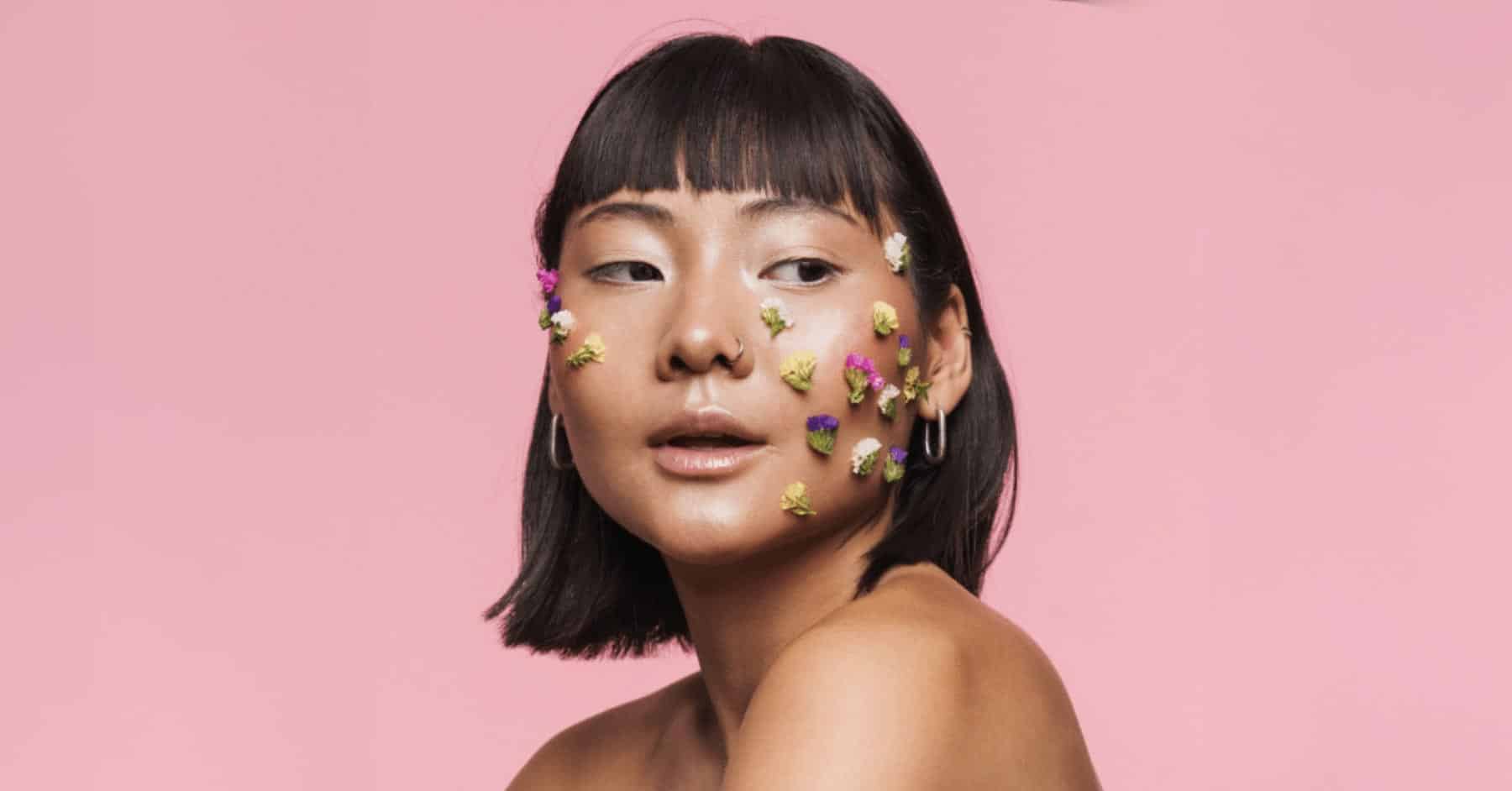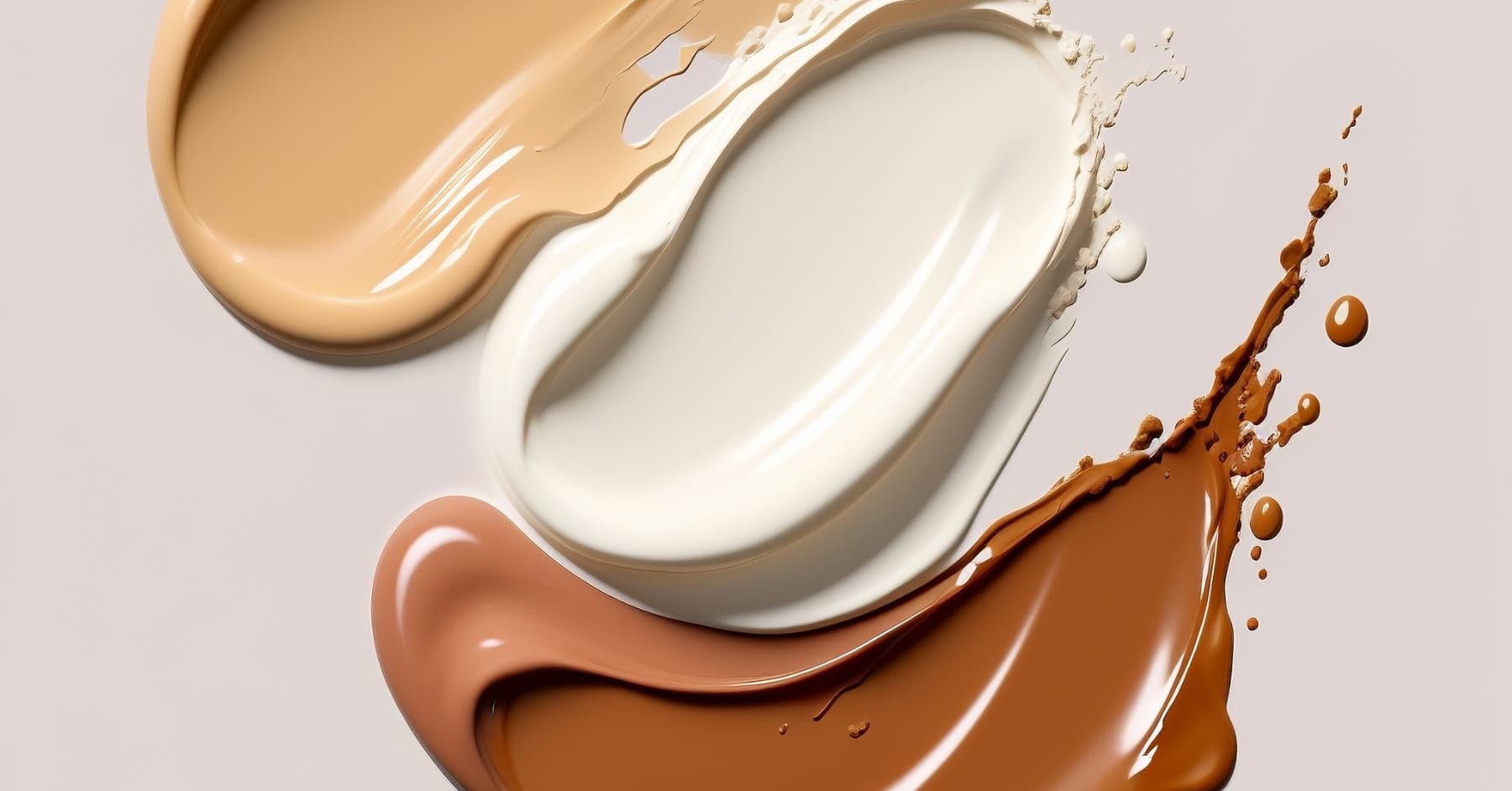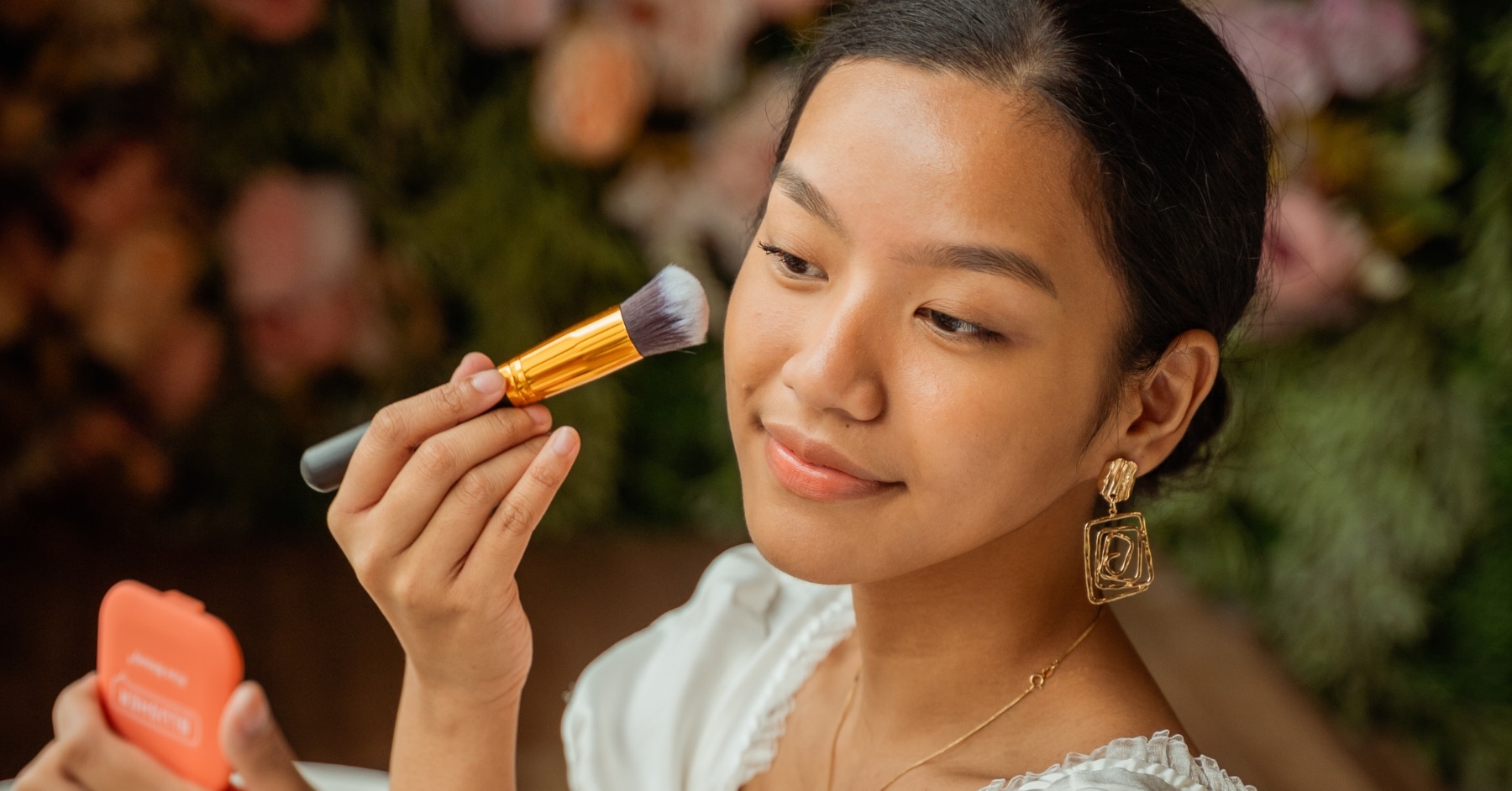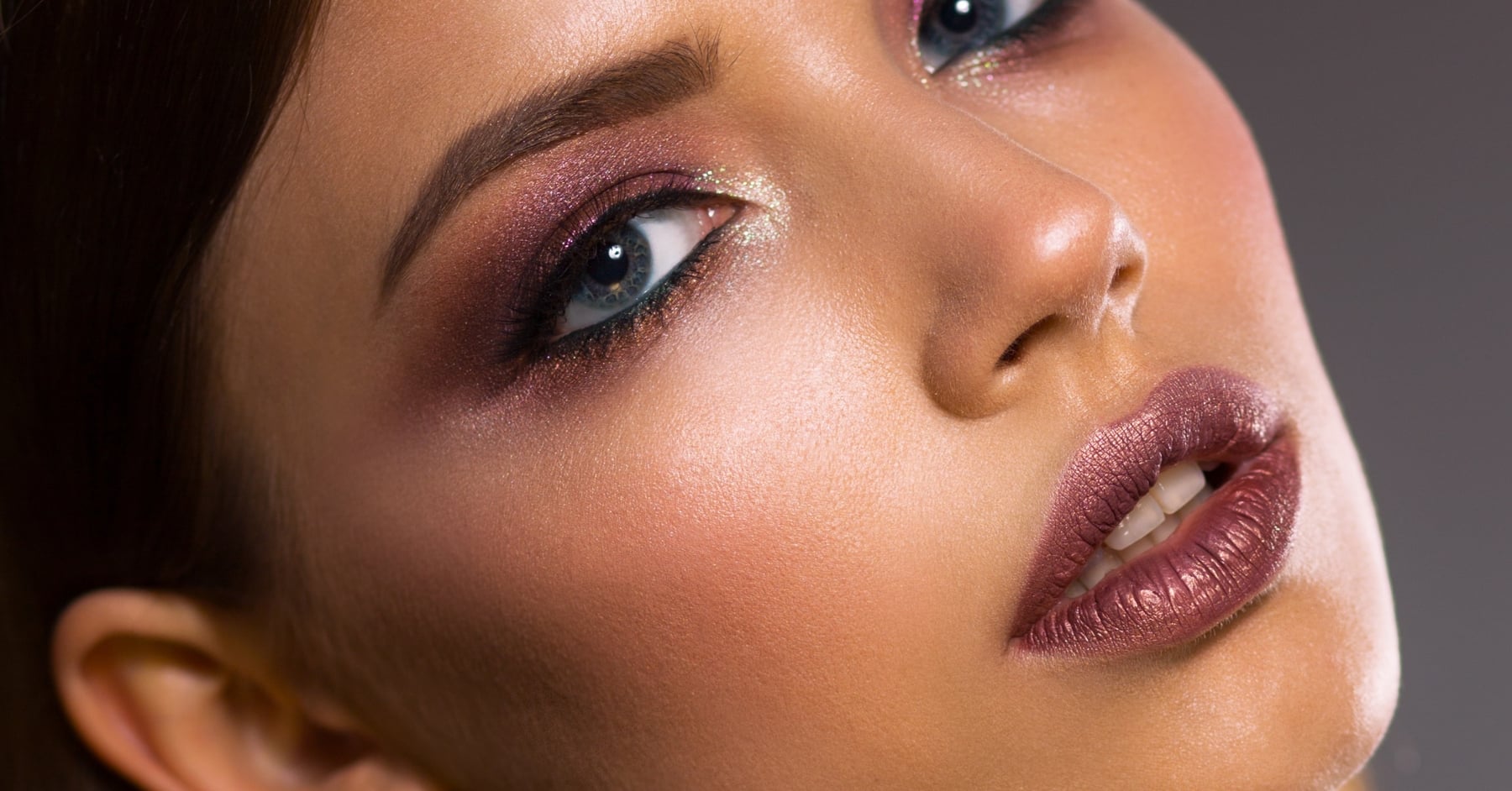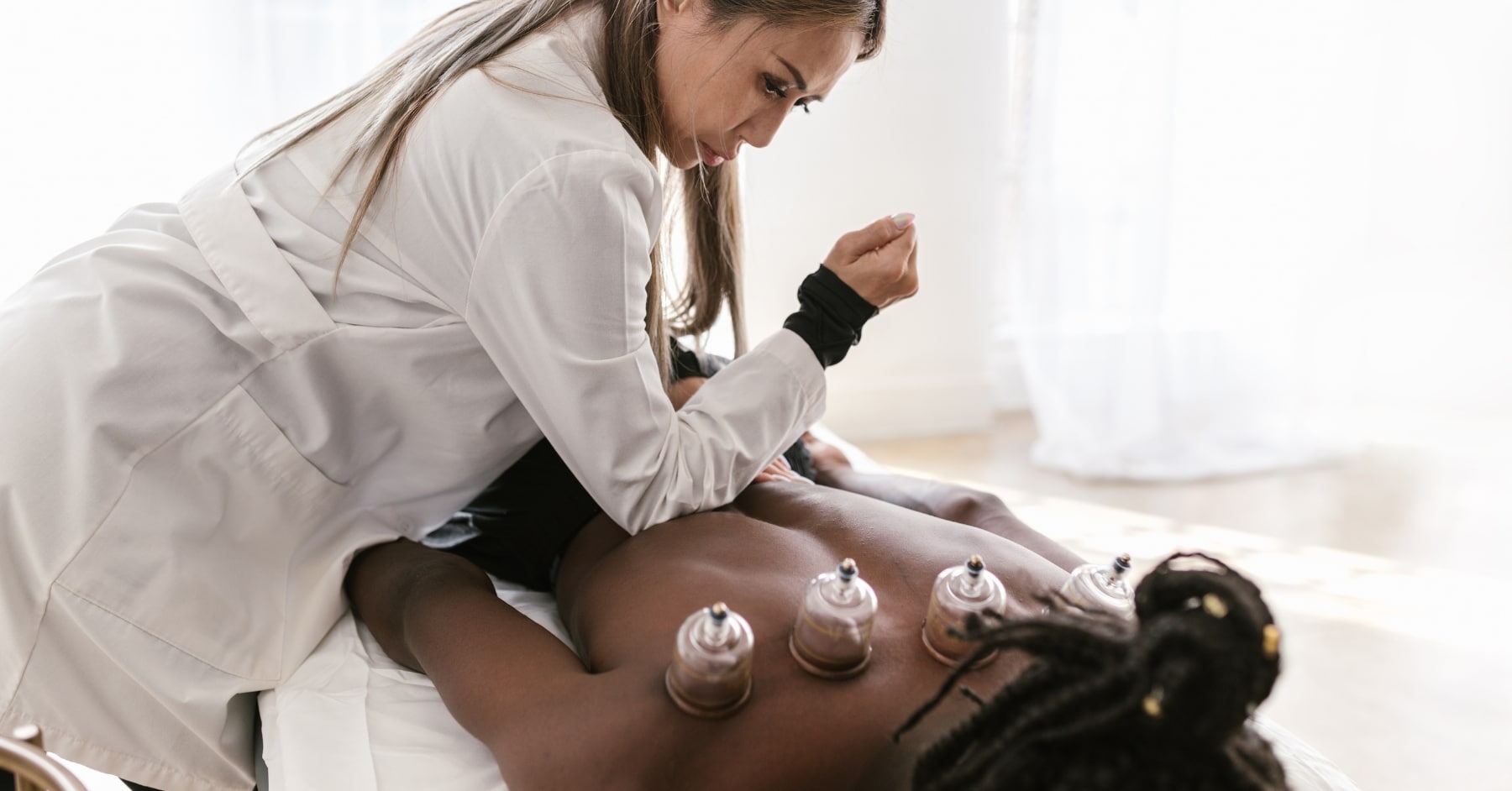The term ‘cruelty free’ is thrown around a lot in the beauty industry, you often see it mentioned on social media or labelled on the products lining the shelves of cosmetic stores. But what does cruelty free actually mean? It’s not quite as simple as it sounds.
Animal testing
Many of us grow up with the idea that animal testing is the application of makeup and skincare products to the fluffy faces of bunnies — essentially just putting a product on an animal the same way you would a human. But this is not the case, animal testing is far more grim than this; in fact, over 115 million rabbits, dogs, frogs, guinea pigs, mice, rats, monkeys, and other animals are used for cosmetic testing each year, and most of them are killed at the end of it. Many countries and corporations don’t publish their data either, so this is likely only a fraction of the real figure. Animals subjected to testing are injected with and force fed substances, genetically mutilated, deprived of food and water, physically restrained, and subjected to behavioural experiments — unfortunately this does not cover it all.
For a product to be labelled ‘cruelty free’, the requirement is that the company does not test it on animals. The product does not have to be vegan, meaning it can still contain animal-derived ingredients, which many would argue constitutes cruelty in some form.
The grey area
Now, a big part of where ‘no animal testing’ claims by brands get tricky is when you consider where they sell the products. If you’ve ever looked around a brand’s website before and found a statement along the lines of “We do not test our products on animals, except where it is required by law”, that is because in mainland China, some products are legally required to be tested on animals. Companies don’t want to lose out on the market in China, so allow their products to be subjected to testing. This can make it difficult for consumers because a quick Google search can make it appear that a brand is cruelty free, when upon further reading, it becomes clear that it is not. This does not mean that every cosmetic product sold in China is tested on animals, but it is still worth noting.
Similarly, some brands will say that they themselves do not test on animals, but in some instances a third party might conduct animal testing. Third parties can include ingredient suppliers, labs, or a parent company. So a brand can claim that they do not test on animals, and this can technically be true, but it does not mean that buying the product will not contribute to animal testing in some way.
Parent companies are tricky because the brands that exist under them can be cruelty free — they might not test on animals themselves, engage third parties to do so, or sell in mainland China — but the parent company might do one or all of these things. So by purchasing from a ‘cruelty free’ brand under a non-cruelty free parent company, you still contribute to the operation and success of the parent.
Vegan products
As previously mentioned, a product can be labelled ‘cruelty free’, but at the same time fail to be vegan. To be considered vegan, a product can not contain any animal derived products or by-products.
There are many animal products that are incredibly popular in the beauty industry, but many people are unaware of them.
For example, lanolin, also known as wool fat or wool grease, is essentially an oil secreted by the sebaceous glands of sheep. It’s often found in moisturising products such as lip and eye balms, and face and hair moisturisers. It’s in far more products than you might think; the brand Lanolips is built on lanolin — it’s literally in the name.
Shellac is another incredibly common ingredient — many people who get their nails done are often asking for shellac nail polish without knowing what it’s actually made from. Shellac can also be found in hairspray, eyeliner and mascara.
Keratin, an ingredient loved by many for its anti-frizz properties in hair products, typically comes from the fur, feathers, hooves, and horns of animals.
Unfortunately, while many more brands are moving towards, or have achieved, being cruelty free, not as many have made it to being entirely vegan. Some brands are ahead of the game though, and doing the absolute most to promote a beauty industry that is as kind to animals as possible.
According to multiple websites and resources, the following brands are cruelty free (although we do suggest doing your own research, too):
Cruelty free & vegan makeup brands
- Haus Labs by Lady Gaga
- Milk Makeup
- Mecca Max
- One Size Beauty
- Rare Beauty
- Saie
- Charlotte Tilbury
- E.l.f cosmetics
- Ciaté London
- R.e.m Beauty
- Freck Beauty
- Rose Inc
Cruelty free & vegan skincare brands
- Fenty Skin
- Esmi Skin Minerals
- Facetheory
- Supergoop
- The Ordinary
- Summer Fridays
- Biossance
- Kit:
- Airyday
- Dr Naomi
Cruelty free & vegan haircare brands
- Fenty Hair
- Vegamour
- Straand
- Olaplex
- Maui Moisture
- JVN
- De Lorenzo
- Daily Naturals
- Davroe
- Sukin
Cruelty free & vegan fragrance brands
- By Rosie Jane
- D. S. & Durga
- Billie Eilish Fragrances
- The 7 Virtues
- Who is Elijah
- Floral Street
- Phlur
- Clean
- DedCool
- Orebella
Everyone’s values are different when it comes to where you spend your money, and really, there is no completely ethical consumption under capitalism. Striving for progress is far more attainable than striving for perfection — so do what you can, when you can.
